We live amid a constant clamor of prescriptions about how to live: everyone seems to have an answer. Some insist it’s all about willpower and strict routines; others urge you to surrender, to let everything go. Some preach random acts of kindness; others teach the liberating art of saying no. These recommendations contradict each other, so without a clear, inner guidance — a glowing sense of who you are, what talents you bring, and what your life is truly for — those competing voices only produce bewilderment and a hollow feeling. This is particularly true for people who suffered family punishment, exclusion, emotional neglect, or a lack of parental support when they were growing up. If your parents never really saw you or failed to nurture your development, you can end up with a shaky sense of self. Yet, even those of us carrying old wounds are often summoned, with age, to break out of that thin, empty identity. That can require stepping beyond your comfort zone to become the fuller, more vibrant person you sense you might be, so that your life can finally flourish in vivid color.
Today’s letter is from a reader I’ll call Natalie. She writes: “Hello, crappy childhood fairy. I guess the main issue I’m trying to figure out is how to tell the difference between a life that’s genuinely unsatisfying and a life that is basically fine but that I grumble about sometimes. The answer may seem obvious, but in everyday moments it’s not, and the older I get the more trapped I feel in the life I have now. Okay, I’m grabbing my fairy pencil to mark things to revisit, but here’s what’s going on with me: I’m almost 50. If I inventory my life, I’m in a job I don’t enjoy at all — no pleasure in it — but it’s steady and low-stress. It doesn’t pay much, but I get by. I have friends, but are they really my people? We laugh and have fun, yet those bonds aren’t deeply secure or comforting. I know this feeling well: sometimes I withdraw, other times I put myself out there and wind up in toxic groups. I just left one community that was bad for me.
My romantic life is stalled: men show interest, but one is an alcoholic, one is married, another is passive-aggressive and awkward. So romance is pretty much dead right now and not my priority. I’m also spending a lot of my free time studying to move into something else, but it’s taking far longer than I expected and the end isn’t in sight — though I do have time to keep at it, luckily. You see my point: my life isn’t terrible — no abusive partner, no homelessness, no major illness, no addictions — although sometimes toxic people still slip in and I recognize the red flags earlier now. But my life isn’t great, and I want great.
I realized I carry some form of childhood PTSD and did work on healing years ago, yet inside I still feel much the same despite having no major external crises — thank goodness. I have taken steps to tidy my life: I cut many harmful people out over the years, divorced an abusive spouse, improved my education to get the job I have (which others envy but don’t really understand). I live far from my family because they were the source of my trauma. I was the classic black sheep while my brother was the golden child; my mother hated me, my brother was loved, and my father mostly ignored me unless he needed someone on his side against my mom. I had to censor my feelings because my mom’s emotions always came first; my brother was my first bully and my parents didn’t intervene. I’m exhausted by life. It feels like I push a boulder uphill every day and still end up at the bottom. My mind is full of escape fantasies — just run away, take a long trip with the money I have, reinvent myself at 50, or finally pursue something that might also support me financially, though I’m uncertain that would actually work. I might be able to fall back to my mom’s house if my plan collapsed; she would expect me to get my head down and carry on like a responsible person. I’m not really in a financial position to experiment much — maybe I could manage six months of trying something new, so practicality makes me feel stuck.
I’ve restarted my life a few times and it’s brutal; you genuinely begin at square one. I haven’t really built much for myself — perhaps some workplace stability, but my visa must be renewed yearly since I’m an expat and the pay is modest. I have no long-term, core friends who truly know me and whom I trust to the core. No romantic relationships now, and none in my past that weren’t draining, exhausting, or traumatic. I lack a sense of a fulfilling life. People tell me I find joy in small things, but can I be content washing dishes? Maybe I’m pleased when they’re done, but is there more to life than this? Around me I see people who seem satisfied because at least one area of their life is functioning well — a solid job and an OK relationship, or a great relationship with a so-so job. I feel like all my life areas are neither bad nor good, just flat. I once had a vision for my life that never materialized, despite setting goals, working hard, and putting myself in the way of opportunities. Maybe I sabotaged some chances — as you said in a video, I probably made trauma-driven decisions. I do try to enjoy the positive moments I have, but is my issue that I can’t appreciate what I have, or that I don’t know how to achieve after decades of effort, even though I was a perfectionist and high achiever in my youth — another CPTSD trait. It’s as if I haven’t discovered the secret everyone else seems to possess about happiness, success, or other core values. Part of me hopes for a lucky break, but I know I’m the only one who can save myself. I’ve done the responsible things and followed the sensible path, and yet here I am, living a life I don’t remotely love. I used to work incredibly hard, but life has taught me that hard work alone isn’t the answer — and I don’t know any other method. I see other people who seem to let life flow and things fall into place, but I don’t trust life to do that for me, nor do I trust myself to make good choices. Even the decisions I thought were sound have led me to this point, which baffles me. I wish I could wipe away everything and begin anew. Thank you for reading. — Natalie.”
Natalie, you are far from alone in feeling this way. This kind of experience is widespread, especially among people with childhood trauma. I hear several things in your letter. You may have already seen a therapist; I’m not a clinician, so I can’t diagnose, but there are hints of things like high-functioning depression. I do know what melancholy feels like and what it’s like to feel deprived of the life you thought you’d have. Let me share how I’m reading your situation.
Turning fifty is a landmark: by then many of us expect certain securities to be in place and feel pressure when they’re not. You describe having comfortable, surface-level relationships — it’s as if there’s a membrane separating you from others. Many people describe that sensation: seeing life on the other side of glass without truly connecting. Childhood neglect often delays the development of a feeling of belonging and connection, so many survivors of early trauma carry that ongoing struggle. I hear that in your account.
Another theme is uncertainty about who you are. You opted for safety — the sensible, dependable choices — which is an understandable survival strategy for someone who grew up insecurely. That caution prioritized stability and income over the kinds of pursuits that nurture the spirit, the parts of you that want expression and fulfillment. When parents don’t notice or support your inner life, it can leave a blank space where identity and interests should have grown. You are not a blank slate; you are a whole person. It’s just that some parts of you may not have fully developed yet. That doesn’t mean they’re inaccessible — just that they need time and attention.
You’ve done many responsible things. You worked on healing, removed harmful people, pursued education and a stable job, and relocated away from family trauma — these are real accomplishments. Your job provides a useful base, but it isn’t the sole source of color in life. What would likely help is finding outlets for self-expression on the side, deepening a few friendships, and eventually opening to a romantic relationship that aligns with your blossoming self. You’ve probably dated people who checked boxes on paper but felt emotionally shut down or bottled up. Real connection arises when we notice someone’s particular warmth and uniqueness; to attract that we must cultivate our own distinctive, attractive qualities.
One common way people do that is through the arts or other creative acts. I sing, I used to draw cartoons, and I make videos now — all of which let me exercise an imaginative part of myself that I hadn’t used since childhood. That creative practice has helped me make friends and expand my life. Even if the creative pursuit doesn’t become a career, the act of creating awakens parts of you that help point the way forward. I believe there’s a kind of collective idea-space where good ideas wait to be realized; when we’re mentally available and attuned to ourselves, those ideas come through. This explains why two people can have the same idea and one act on it first — timing and readiness matter. You don’t need to race; you simply need to allow inspiration in and become a conduit for it. Many people find meditation helpful for tuning in to this — I practice Transcendental Meditation and find it supportive — and I’m fond of Rick Rubin’s book The Creative Act, which explores creativity as a practice and resonates with me deeply.
Don’t obsess about whether your first creative experiment will lead to a paid career, publication, or fame. The point is the doing: writing the poem, painting the picture, singing the song. Those actions open your mind and heart and begin to reveal who you are. Along with creativity, a spiritual life often opens new possibilities. My audience spans the full spectrum of belief — some are religious, some spiritual-but-not-religious, and others are skeptical — but I suggest you consider leaning into whatever sense of meaning or higher purpose you might hold. For me, sustained healing only accelerated when I developed a spiritual practice. I didn’t start by knowing what to believe; I began practicing and then allowed direct experiences to shape my beliefs.
Early on I was cynical and doubtful about prayer and higher powers, but I tried a simple, open-ended prayer when I felt utterly lost: a sort of “if you’re out there, please help” plea. That loose, receptive kind of prayer was the most useful for me — it wasn’t specific (“make me popular” or “fix this relationship”), but rather an appeal for guidance about what I should do next. Over time, that openness helped me notice what I was actually good at and how I could be of use to others.
A practical way to discover your purpose is to experiment actively. Start with small steps in the general direction you suspect might fit you. You can explore new activities without quitting your job or uprooting your life immediately. Try different things and observe the effects: Does taking care of stray animals overwhelm you, or does it connect you to others and boost your wellbeing? Do cooking classes, painting, volunteering, or online communities bring unexpected joy or opportunities? Notice where your energy and curiosity rise and what supports other parts of your life. Expect trial and error: some experiments will feel like dead ends, others will open doors. When you are doing what you’re meant to do, you’ll often feel more whole and more alive overall, even though the path still includes difficulties.
Much of the blockade you mention comes from growing up without your feelings validated. Kids who are neglected frequently learn to suppress or ignore their inner longings — not necessarily because those desires were wrong, but because they weren’t recognized. You may have missed lessons or opportunities (maybe you wanted piano lessons and never received them), and that can create lingering doubts about what you’re “allowed” to pursue. Still, at any age you can continue experimenting and testing what brings energy, joy, and connection.
You mentioned being the black sheep while your brother was the golden child. I see this pattern often: the black sheep invests energy in shoring up an identity against parental messages that tried to minimize or mislabel you. That labor of defending yourself can leave little bandwidth for developing the softer, more expressive parts of identity. Yet there’s a curious upside I’ve noticed: when black sheep people finally blossom, they often explode into color — big, vivid expressions of themselves. It’s both a challenge and an extraordinary gift. You have an opportunity now, and I suspect a geographic move isn’t necessary. Instead, investigate spiritual practice, explore creative pursuits, and take small, steady steps toward discovering what feels like your purpose.
Lots of barriers will appear — fear, doubt, logistics — but often we actually know, deep down, the things we need to change to loosen the knots in our lives; our difficulty is accessing and acting on that knowing. That’s why I sometimes recommend a focused exercise I call the “one year to heal” plan. It’s a bit audacious — of course healing from trauma is an ongoing journey — but the prompt is useful: if you had to choose one year to commit to intentional healing and growth, what would you do? I’ve created a worksheet for that exercise; it’s available as a free download if you want to try it. Give it a shot, and take some tentative, curious steps. I’ll see you very soon.


 Neden "Sırf Akıntıya Kapılmak" Anlam Vermekten Yetersiz Kalır">
Neden "Sırf Akıntıya Kapılmak" Anlam Vermekten Yetersiz Kalır">

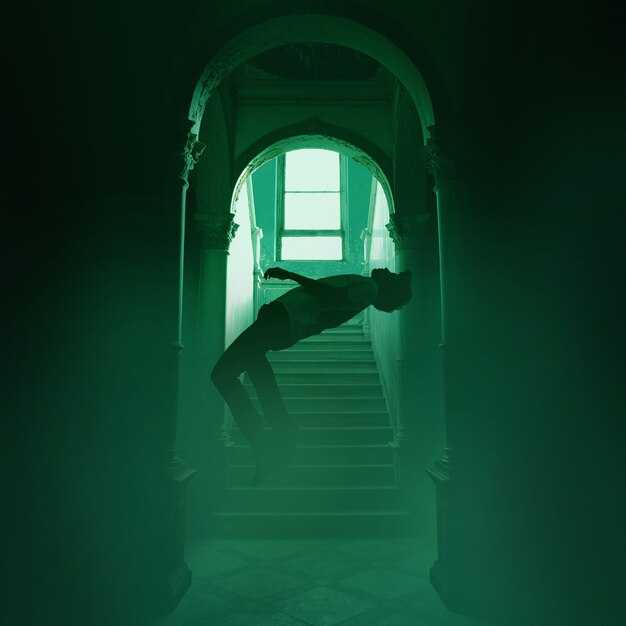 Travma, kötülüğün girebileceği bir portaldır, ancak buna karşı mücadele etmedikçe.">
Travma, kötülüğün girebileceği bir portaldır, ancak buna karşı mücadele etmedikçe.">
 10 Geçmiş Travma Geliri Nasıl Baskılar (Bunu Şu Anda Nasıl Değiştirirsiniz)">
10 Geçmiş Travma Geliri Nasıl Baskılar (Bunu Şu Anda Nasıl Değiştirirsiniz)">
 İlişki Tavsiyesi Narsist Üzerinde İşe Yaramaz.">
İlişki Tavsiyesi Narsist Üzerinde İşe Yaramaz.">
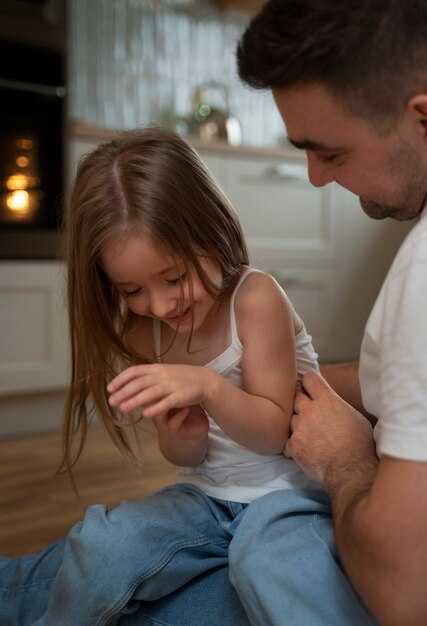 ">
">
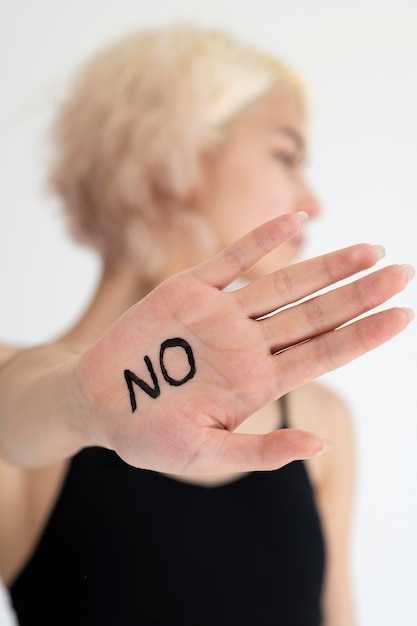 5 Sessizlikte Kaçıranları “Açan” Cümleler
Avoidant attachment is frustrating. You feel like you’re constantly reaching out, and getting nothing in return. Part of you understands their behavior—you’ve learned to become independent and self-sufficient—but another part of you craves connection and reassurance.
But there’s a secret weapon. When avoidants retreat into their shell, it’s not always about pushing you away. Sometimes, they’re struggling with their own internal conflict. They want connection, but they're terrified of vulnerability. Knowing this can change how you respond.
Here are five sentences that have been shown to help unlock avoidants when they're silent:
1. “I notice you’ve been quiet. I’m here when you’re ready to talk.”
2. “I understand you need space, and I respect that. I still want you to know I’m thinking of you.”
3. “I’m not going anywhere. Take your time.”
4. “It’s okay if you’re not okay right now.”
5. “I care about you, and I’m here to listen when you need me.”
**Why these sentences work:**
They’re non-demanding. They don’t pressure the avoidant to open up.
They validate their need for space.
They offer reassurance and support.
**Important Note:** These sentences won’t magically fix an avoidant attachment style. It’s a deep-rooted pattern of behavior that requires ongoing effort and, often, professional help. However, these sentences can be a helpful starting point for creating a more secure and connected relationship.">
5 Sessizlikte Kaçıranları “Açan” Cümleler
Avoidant attachment is frustrating. You feel like you’re constantly reaching out, and getting nothing in return. Part of you understands their behavior—you’ve learned to become independent and self-sufficient—but another part of you craves connection and reassurance.
But there’s a secret weapon. When avoidants retreat into their shell, it’s not always about pushing you away. Sometimes, they’re struggling with their own internal conflict. They want connection, but they're terrified of vulnerability. Knowing this can change how you respond.
Here are five sentences that have been shown to help unlock avoidants when they're silent:
1. “I notice you’ve been quiet. I’m here when you’re ready to talk.”
2. “I understand you need space, and I respect that. I still want you to know I’m thinking of you.”
3. “I’m not going anywhere. Take your time.”
4. “It’s okay if you’re not okay right now.”
5. “I care about you, and I’m here to listen when you need me.”
**Why these sentences work:**
They’re non-demanding. They don’t pressure the avoidant to open up.
They validate their need for space.
They offer reassurance and support.
**Important Note:** These sentences won’t magically fix an avoidant attachment style. It’s a deep-rooted pattern of behavior that requires ongoing effort and, often, professional help. However, these sentences can be a helpful starting point for creating a more secure and connected relationship.">
 7 Clues to SPOT the Narcissist EARLY!">
7 Clues to SPOT the Narcissist EARLY!">
 Birbirinizden NEFRET ETMEDEN NASIL KAVGA EDİLİR?.">
Birbirinizden NEFRET ETMEDEN NASIL KAVGA EDİLİR?.">
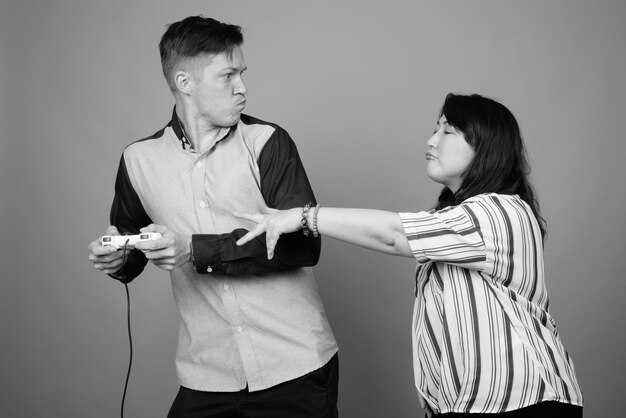 Ortaklarım Her Zaman Saldırılmış Hissediyor!">
Ortaklarım Her Zaman Saldırılmış Hissediyor!">
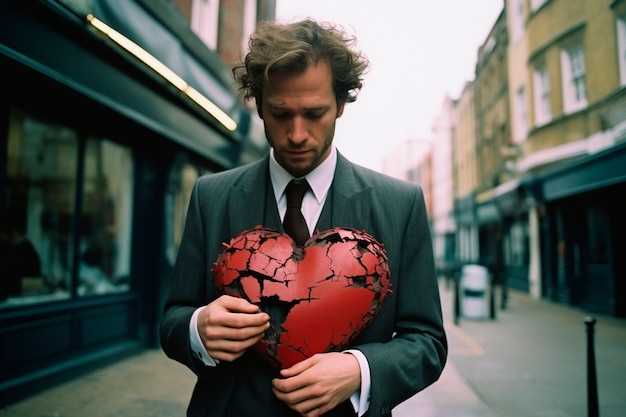 3 Kaçıngan Eski Sevgili, Aşk'tan Kaçmayı BIRAKIP Değişmelerini SAĞLAYAN ŞEYİ AÇIKLIYOR">
3 Kaçıngan Eski Sevgili, Aşk'tan Kaçmayı BIRAKIP Değişmelerini SAĞLAYAN ŞEYİ AÇIKLIYOR">
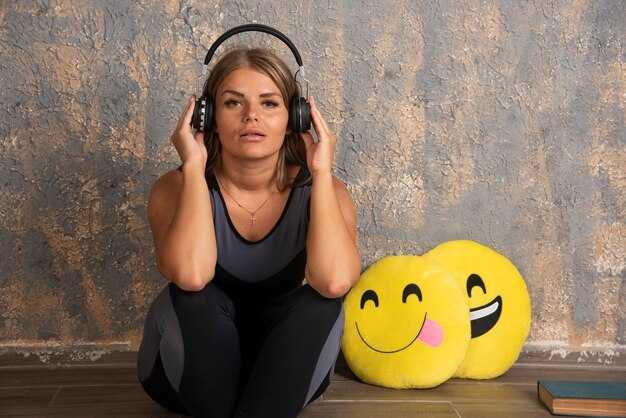 Neden ‘Duygularınızı Yönetmek’ Kendinizi Daha Kötü Hissetmenize Neden Oluyor">
Neden ‘Duygularınızı Yönetmek’ Kendinizi Daha Kötü Hissetmenize Neden Oluyor">